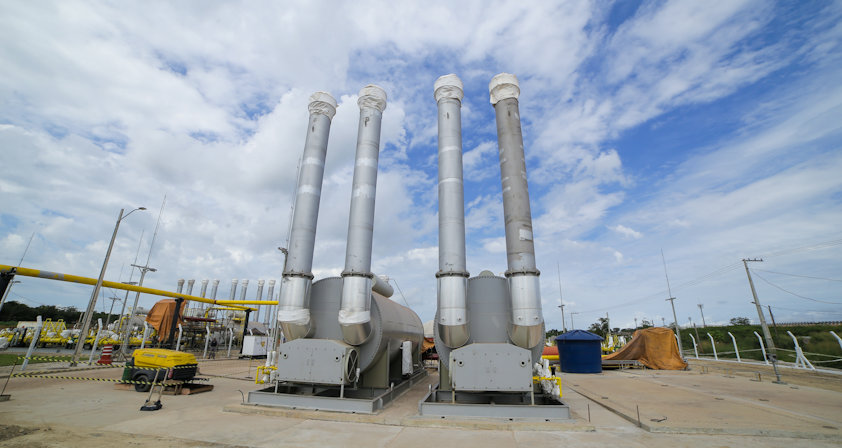Hydro will participate in projects with the Australian based research center, leading world class industrial decarbonization research
Hydro’s business area, Bauxite & Alumina, has entered into a partnership with Heavy Industry Low-carbon Transition Cooperative Research Centre (HILT CRC), an Australian based collaborative venture focused on the decarbonization of heavy industry. By becoming a member, Hydro will support studies in the field of alumina and gain access to technological advancements that could be implemented in its operations in Brazil.
“Hydro takes another important step towards achieving the goal of decarbonizing operations by 2050. Innovation is at the heart of our sustainability strategy, and we believe that investing in research and new technologies is the best way to achieve the transition to green aluminium. Collaboration is a key element, and we are establishing another partnership with an important research institution. We believe that science plays an essential role in the pursuit of advanced technologies and sustainable initiatives," says Raphael Costa, Director of Technology in Hydro Bauxite & Alumina.
“Hydro’s ambition of offering zero-carbon aluminium, circular solutions and more renewable energy, and their technology roadmap to reach net-zero emissions by 2050, shows strong alignment with HILT CRC’s mission and strategy. We welcome Hydro to HILT, and look forward to collaborating on new technology developments and solutions to help the aluminium industry fully decarbonize,” says HILT’s CEO, Jenny Selway.
HILT CRC is a collaborative venture bringing together industry, research and government organizations to develop and de-risk the technological solutions needed to reduce emissions in the iron and steel, alumina and cement industries, and achieve net-zero by 2050. Currently HILT has 53 partners including over 30 industry partners.
Decarbonization and zero emissions by 2050
To achieve the decarbonization goals set by Hydro, operations in Brazil play a crucial role. The change in the energy matrix at the alumina refinery Alunorte in Brazil is a key enabler for Hydro’s climate strategy and global commitment to reduce greenhouse gas emissions by 30 percent by 2030. Hydro is implementing a series of actions to completely eliminate the use of coal at Alunorte by 2030. Other sources of energy for operations are being explored, such as green hydrogen and the use of biomass from açaí stones, of which the pulp is produced on a large scale in Pará.
In 2022, Alunorte also installed a new electric boiler, the largest available in the world. This was the first of a total of five that will be implemented in the refinery in the coming years. With all of them in operation, the project is set to result in a reduction of more than 400,000 tonnes of carbon emissions per year.

Structures of the natural gas project of the Hydro Alunorte alumina refinery in Para, Brazil
Furthermore, the fuel oil used in the refinery will be replaced by natural gas (LNG). With an investment of BRL 1.3 billion, it is estimated that the project will result in an annual reduction of 700,000 tonnes of carbon. The goal is to achieve 100 percent replacement in 2024. This will lead to an immediate reduction of over 1.1 million tonnes of CO2.
Hydro Alunorte has also signed two Power Purchase Agreements (PPAs) for the consumption of solar energy from two projects by Hydro Rein. One of them is Mendubim, a 531-megawatt (MW) solar project carried out in partnership with two other renewable energy companies, Scatec and Equinor ASA. The companies have signed a 20 year PPA in U.S. dollars with Alunorte, which will consume approximately 60 percent of the energy produced.
The other project is the Ventos de São Zacarias, an associated project of wind and solar energy totaling 456 MW in northeastern Brazil. It is located in the states of Piauí and Pernambuco, and will be built in one of the largest clusters of wind farms in Latin America. With these two signed contracts, Hydro Alunorte can continue to invest in the implementation of electric boilers in its operation.
KeyFacts Energy Industry Directory: Hydro
 KEYFACT Energy
KEYFACT Energy